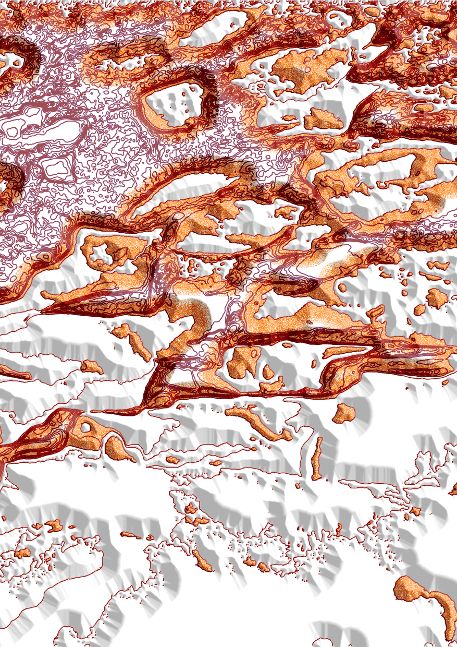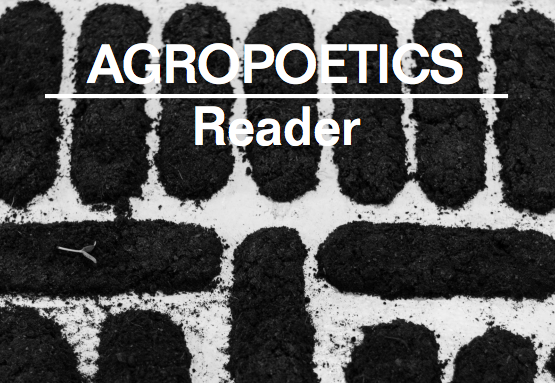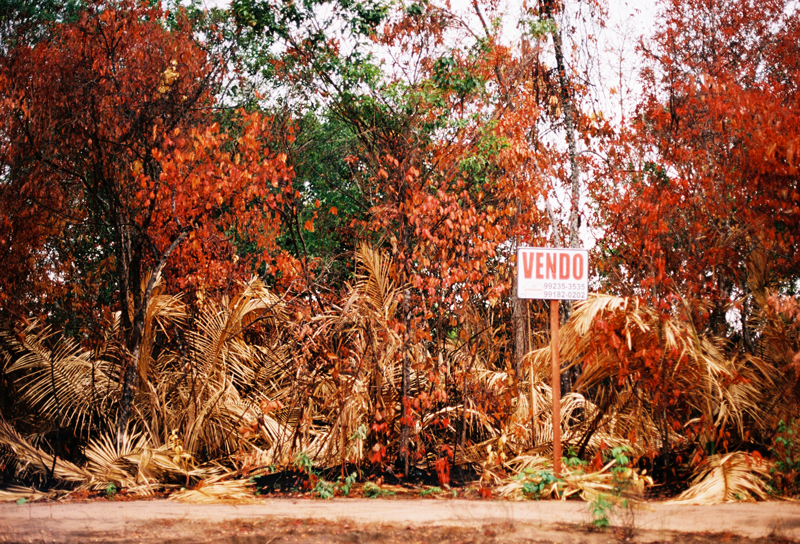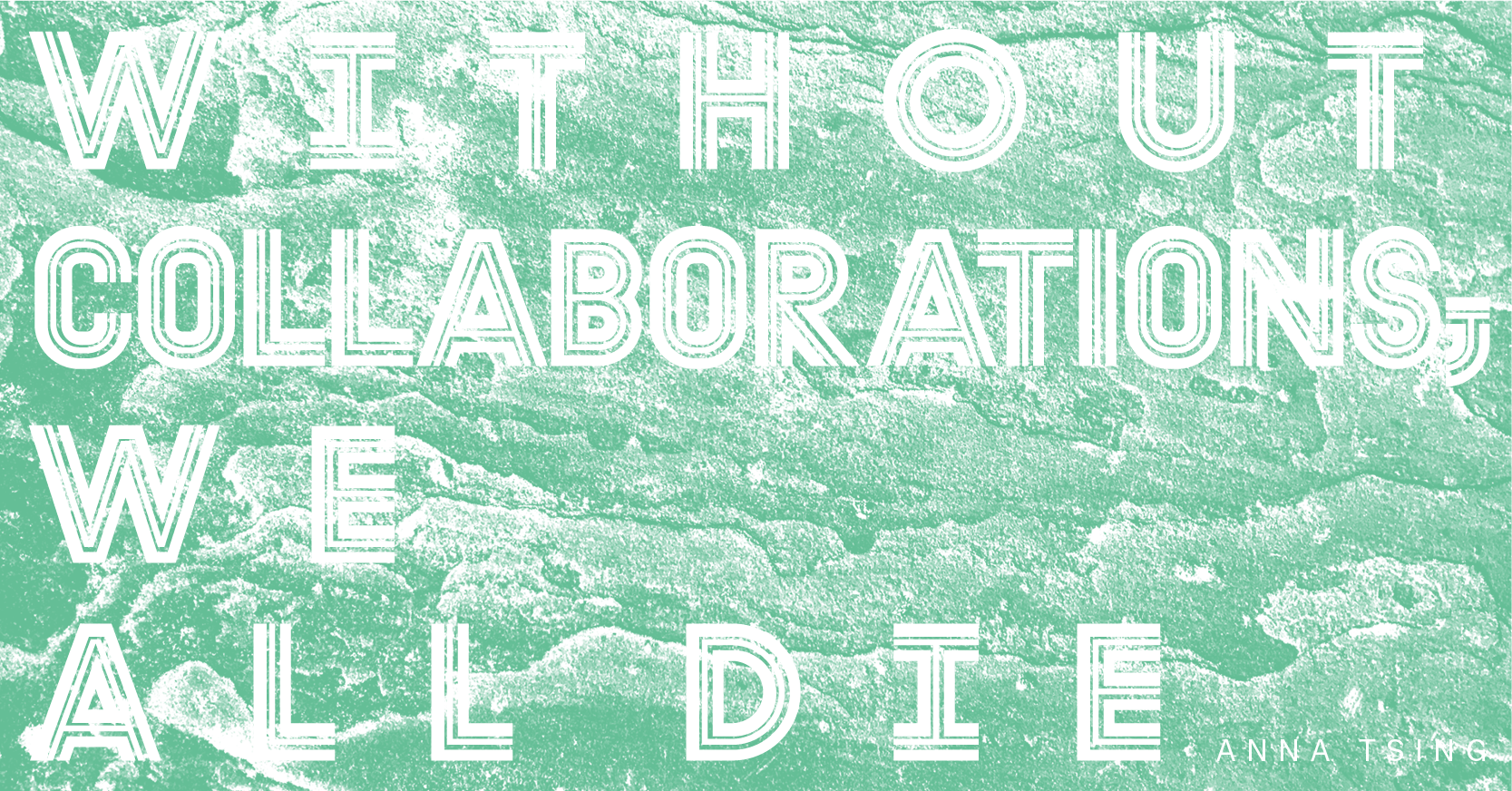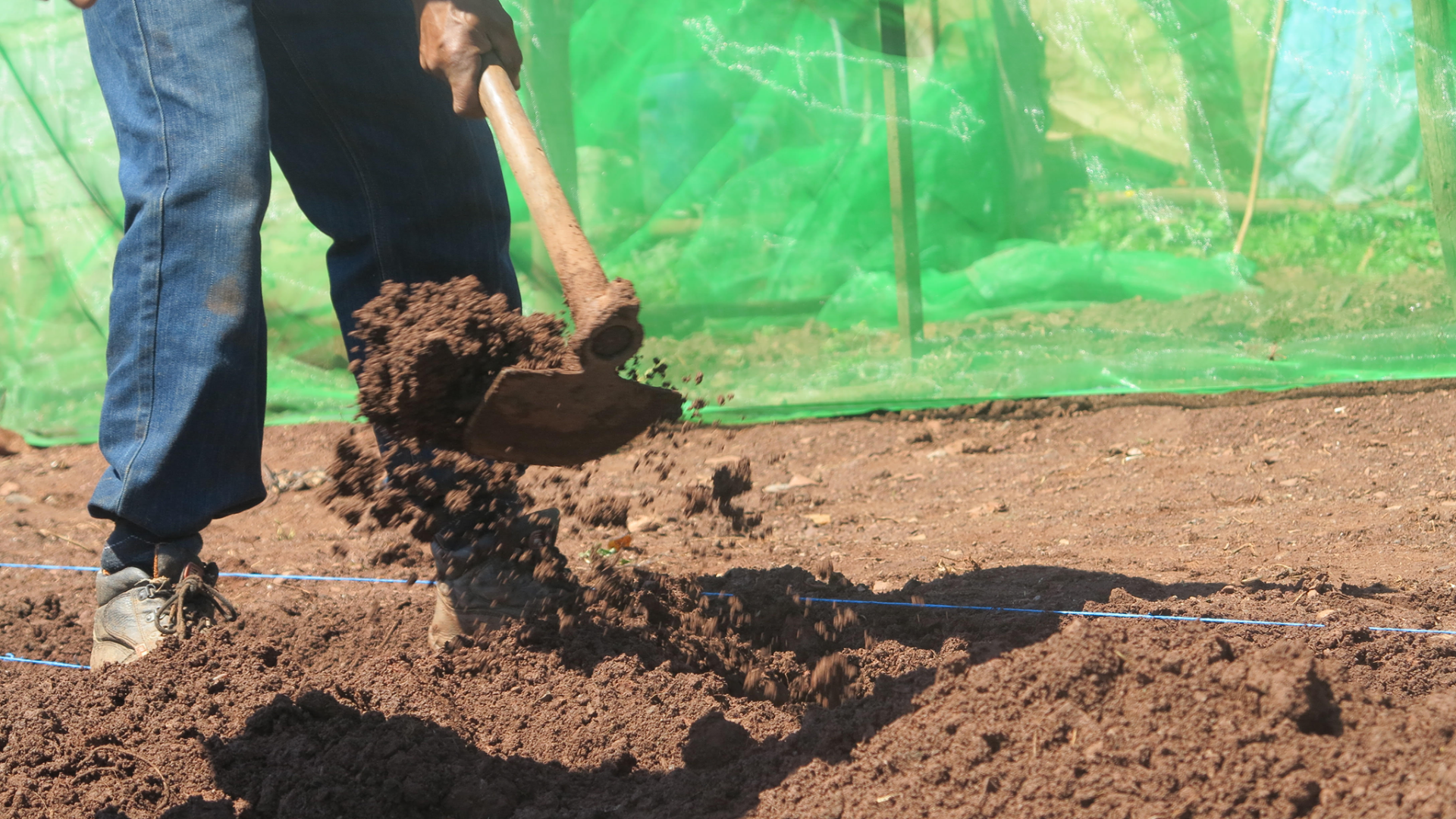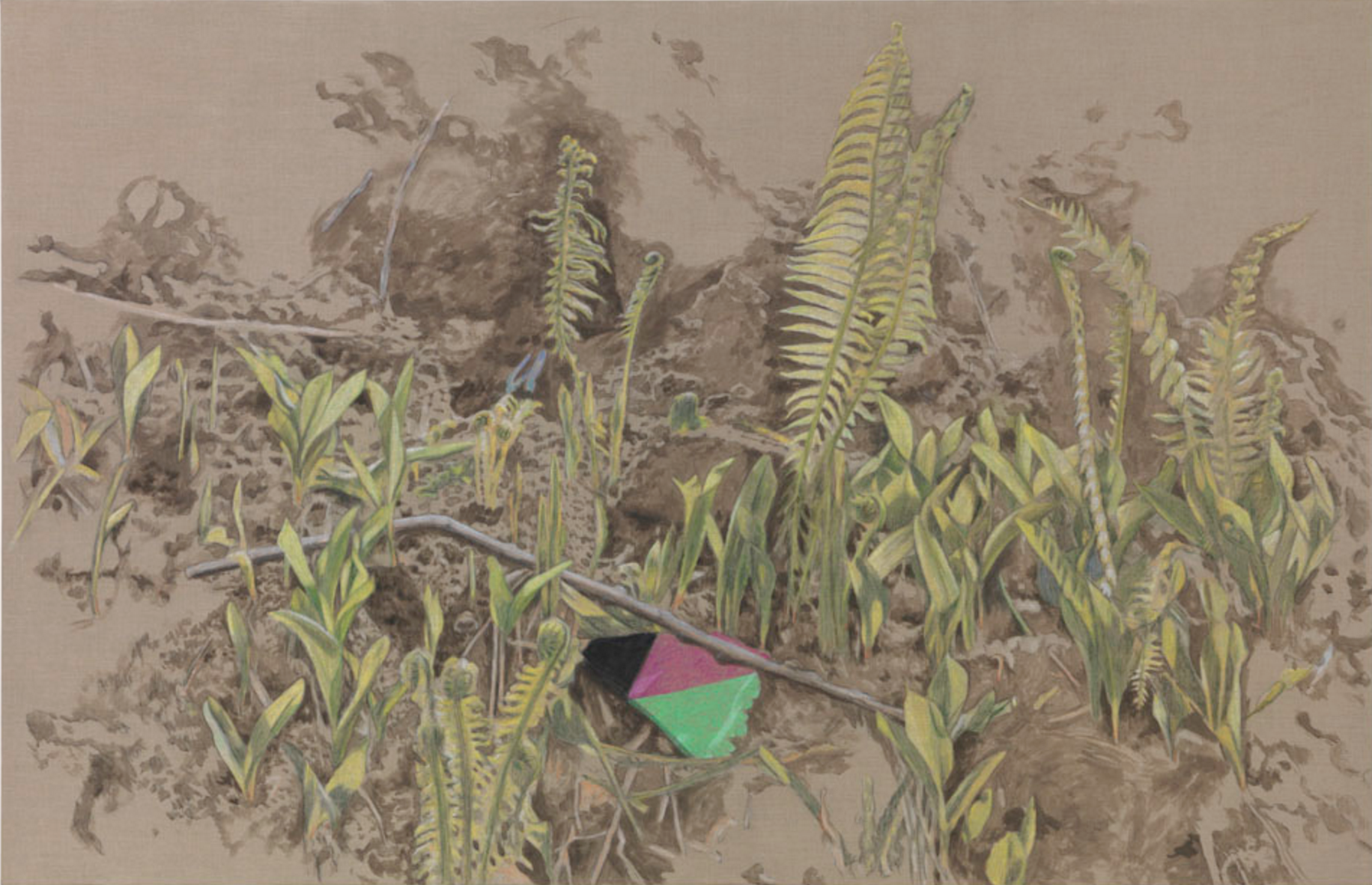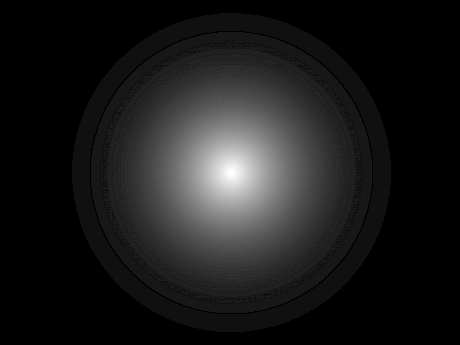Soil is an inscribed body.
On Sovereignty and Agropoetics
Research, performance and exhibition project
Opening 30.08.2019 19:00
Exhibition 31.08.– 06.10.2019 Thurs–Sun 14:00–19:00
WITH Dina Amro, Archipel Stations Community Radio, Luis Berríos-Negrón, Filipa César with Ahmed Isamaldin and Ali Yass, Binta Diaw, Leone Contini, INLAND, Raphaël Grisey, Mia Harrison, Zayaan Khan, Yen-Chao Lin, Barbara Marcel and Ana Hupe, Julia Mensch, Pedro Neves Marques, Cedric Nunn, Elia Nurvista, Uriel Orlow, Lerato Shadi, Bouba Touré, Hervé Yamguen.
INVOCATIONS 13.09.–15.09.2019
With Dina Amro, Archipel Stations Community Radio, Paula Gioia, Mama D Ujuaje, Zayaan Khan, Arlette-Louise Ndakoze, Shela Sheikh, Bouba Touré, Percy Zvomuya and others.
Reader
The Agropoetics Reader unfolds as a collection of texts that informed, grounded, and nourished the project. In this context of reflections and cogitations about the epistemic violence perpetrated by the West against other forms of knowledges, Soil Is an Inscribed Body examines anti-colonial struggles of past and current land conflicts across the world in order to address the invasiveness of neo-agro-colonialism and its extractivist logics.
With Contributions by Bengi Akbulut, Yemisi Aribisala, Marwa Arsanios, Luis Berríos-Negrón, Filipa César, Marisol de la Cadena, Ayesha Hameed, INLAND, Mijo Miquel, Asuncíon Molinos Gordo, Huying Ng, Maria Ptqk, Maria Puig de la Bellacasa, Silvia Rivera Cusicanqui, Bouba Touré, Mirellle and Jennifer in conversation with Alex Ungprateeb Flynn, Hervé Yamguen, and the editors Elena Agudio, Marleen Boschen, and Lorenzo Sandoval.
In Collaboration with The Institute of Endotic Research (TIER)
Editors Elena Agudio, Marleen Boschen, and Lorenzo Sandoval
Co-editors Onur Çimen and Cleo Wächter
Design by Cleo Wächter
THE READER CAN BE DOWNLOADED FOR FREE HERE.
Guided Tours in SAVVY tongues
05.09.2019 15:00 With Jasmina in Romanian
06.09.2019 16:00 With Elena in English
16.09.2019 17:00 With Marleen in German
20.09.2019 18:00 With Abhishek in Hindi
29.09.2019 17:00 With Cornelia in German
03.10.2019 15:00 With Elena in English
03.10.2019 16:30 With Elena in Italian
READINGS May–October 2019 Across multiple sites and agro-ecological initiatives in and near Berlin.
WORKSHOP 25.–27.06.2019 Beni Aïssi village, Morocco with Hassan Darsi
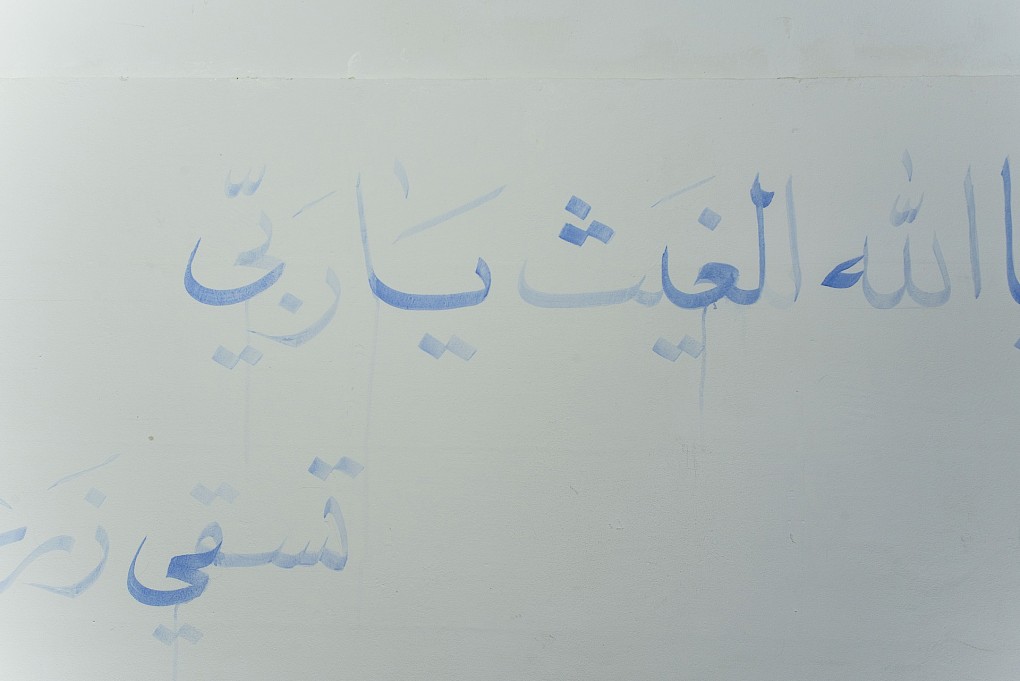
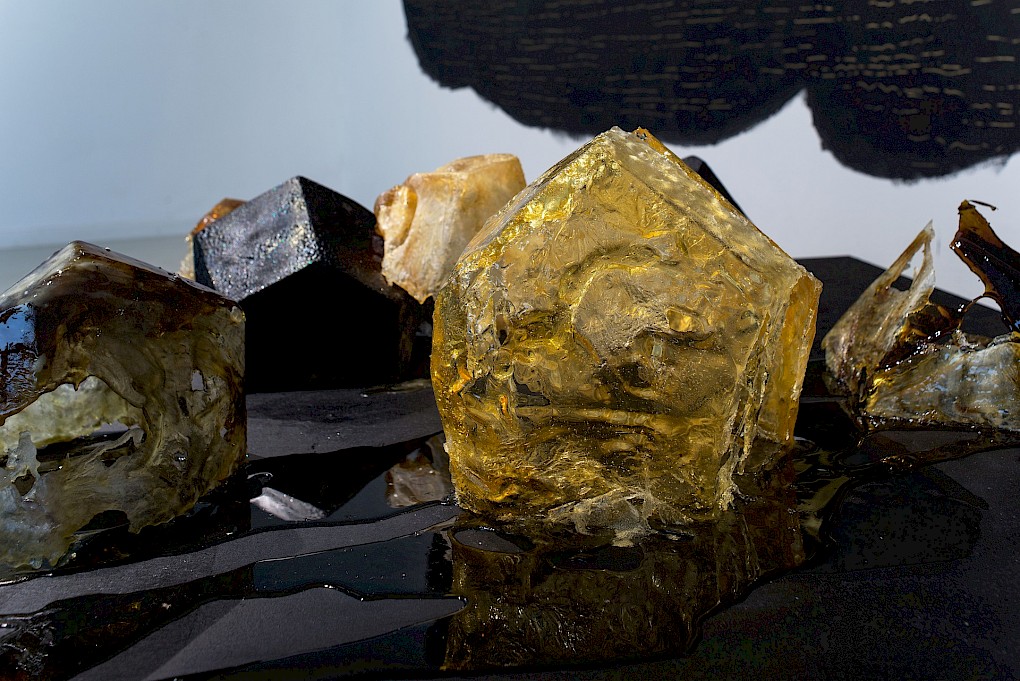
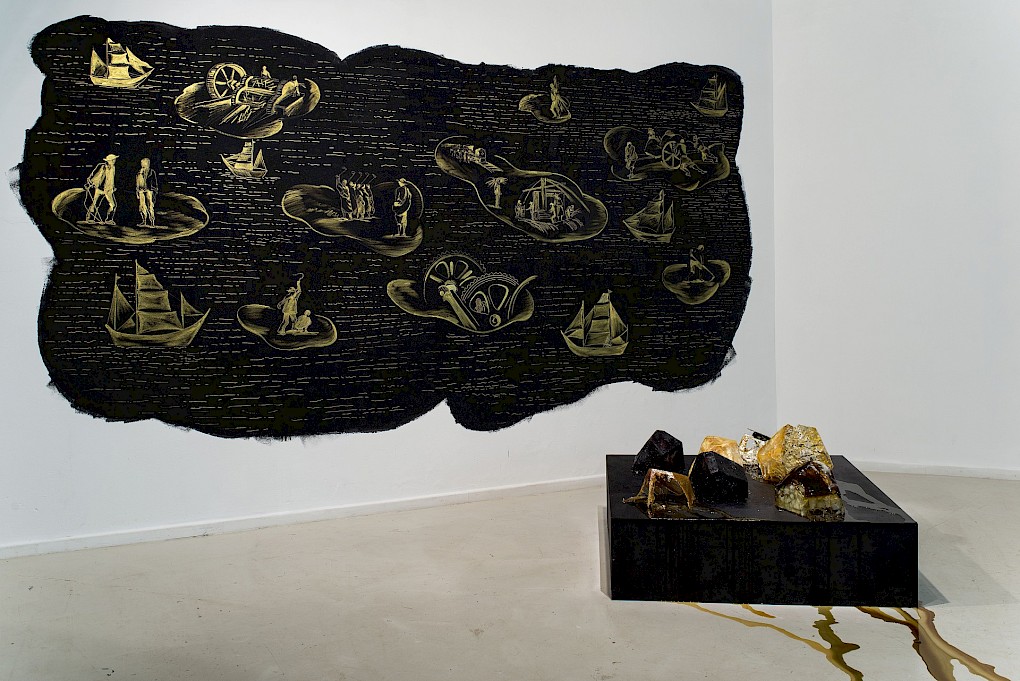
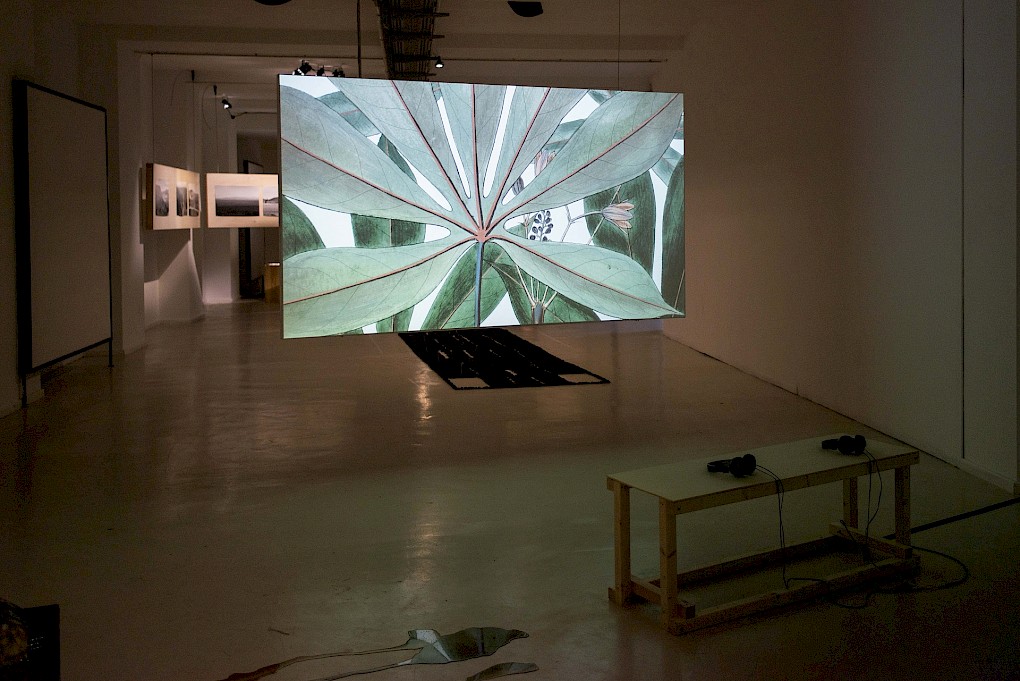
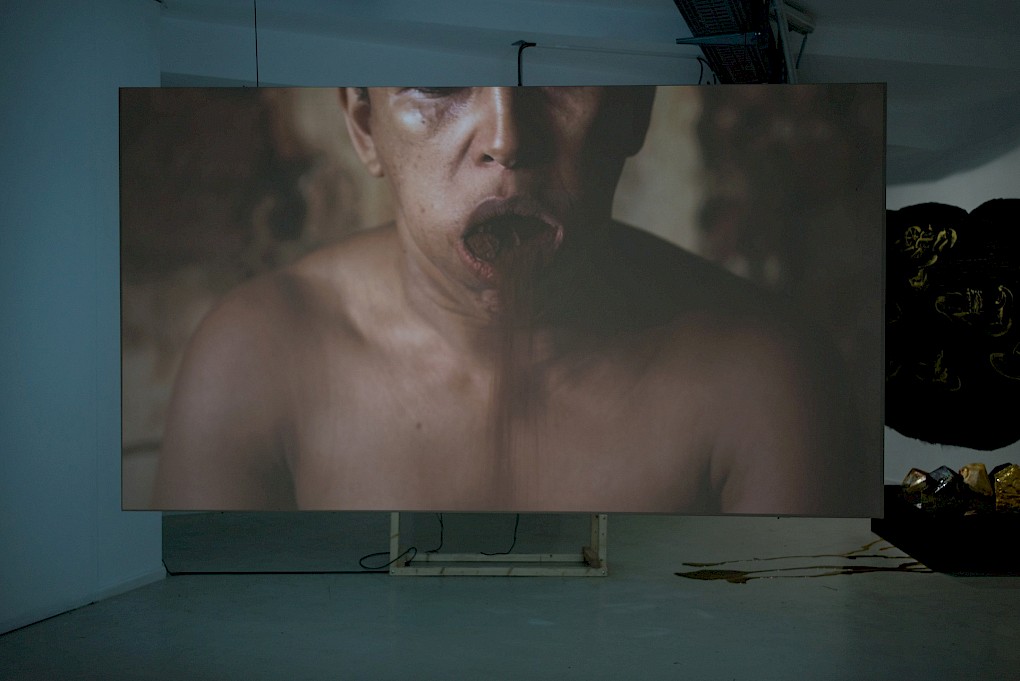
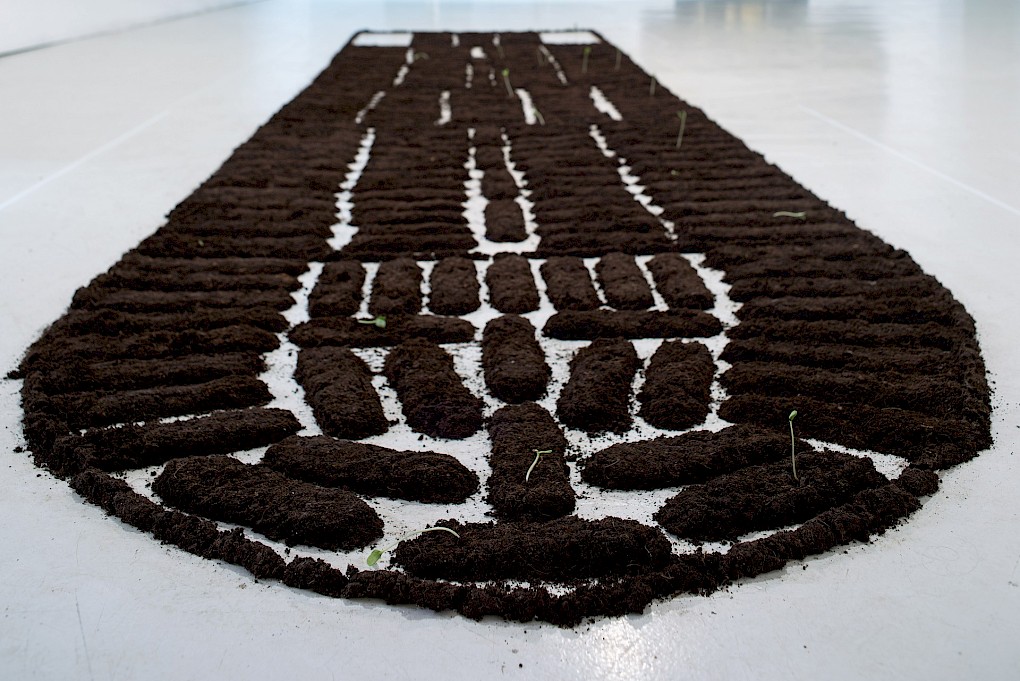
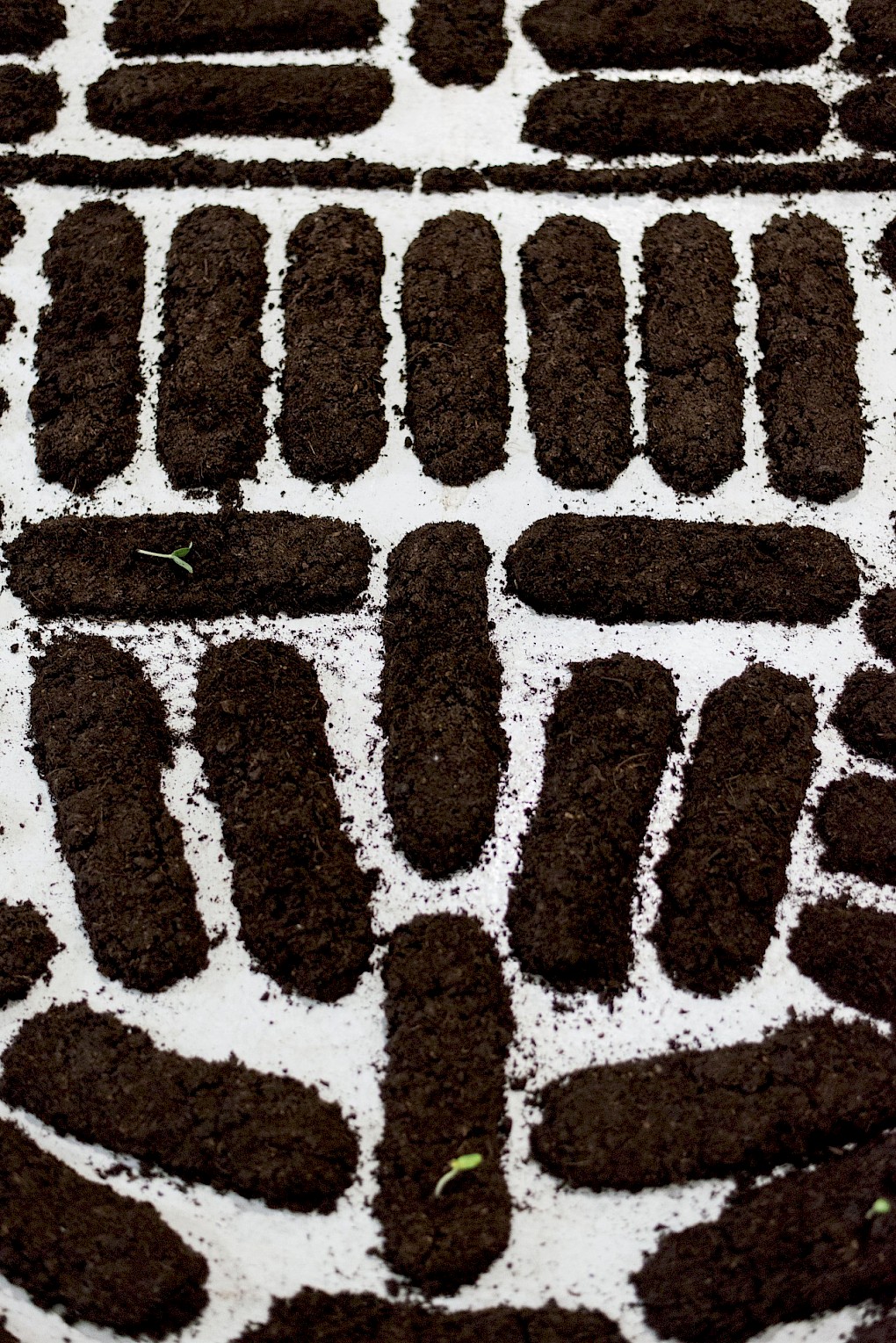
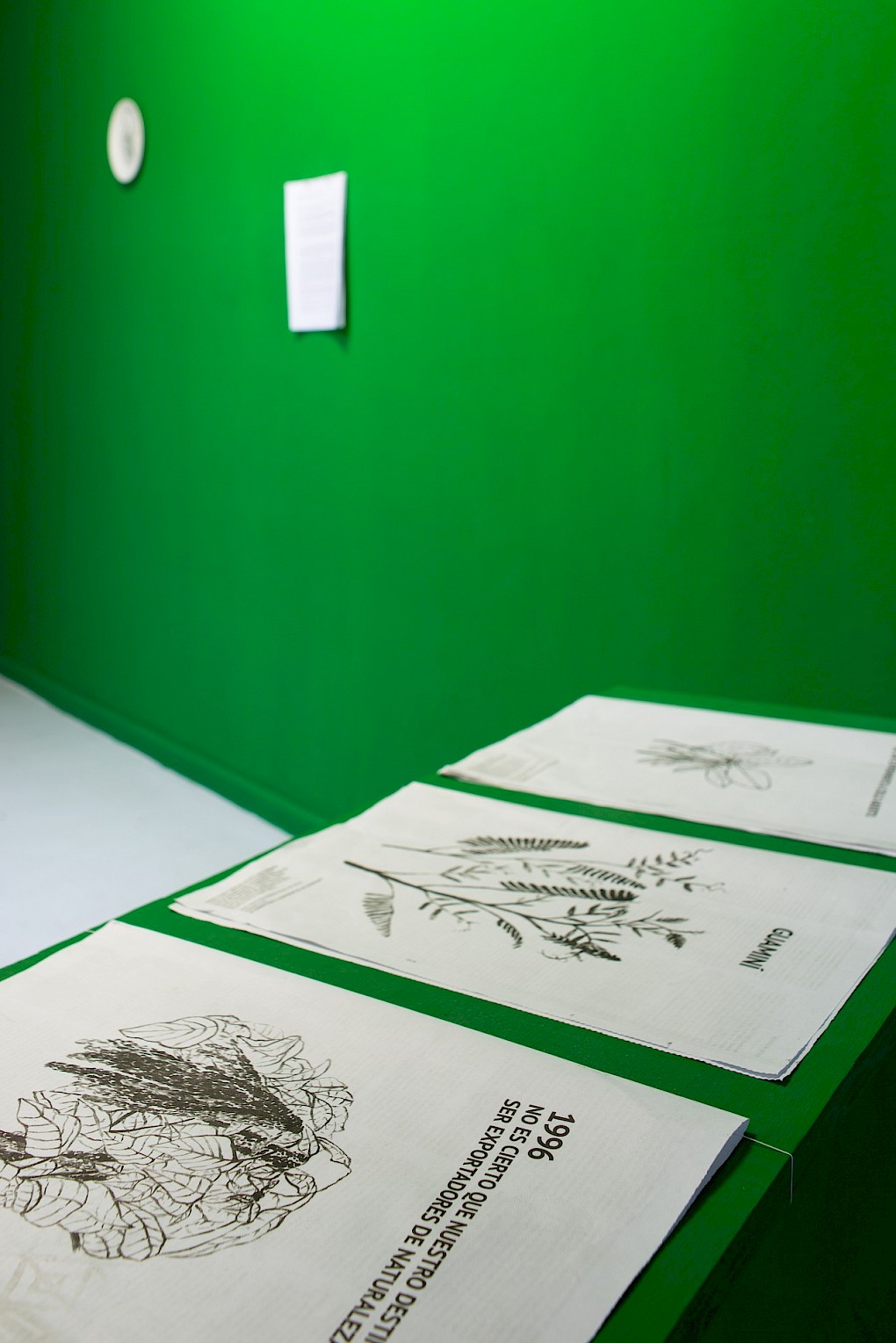
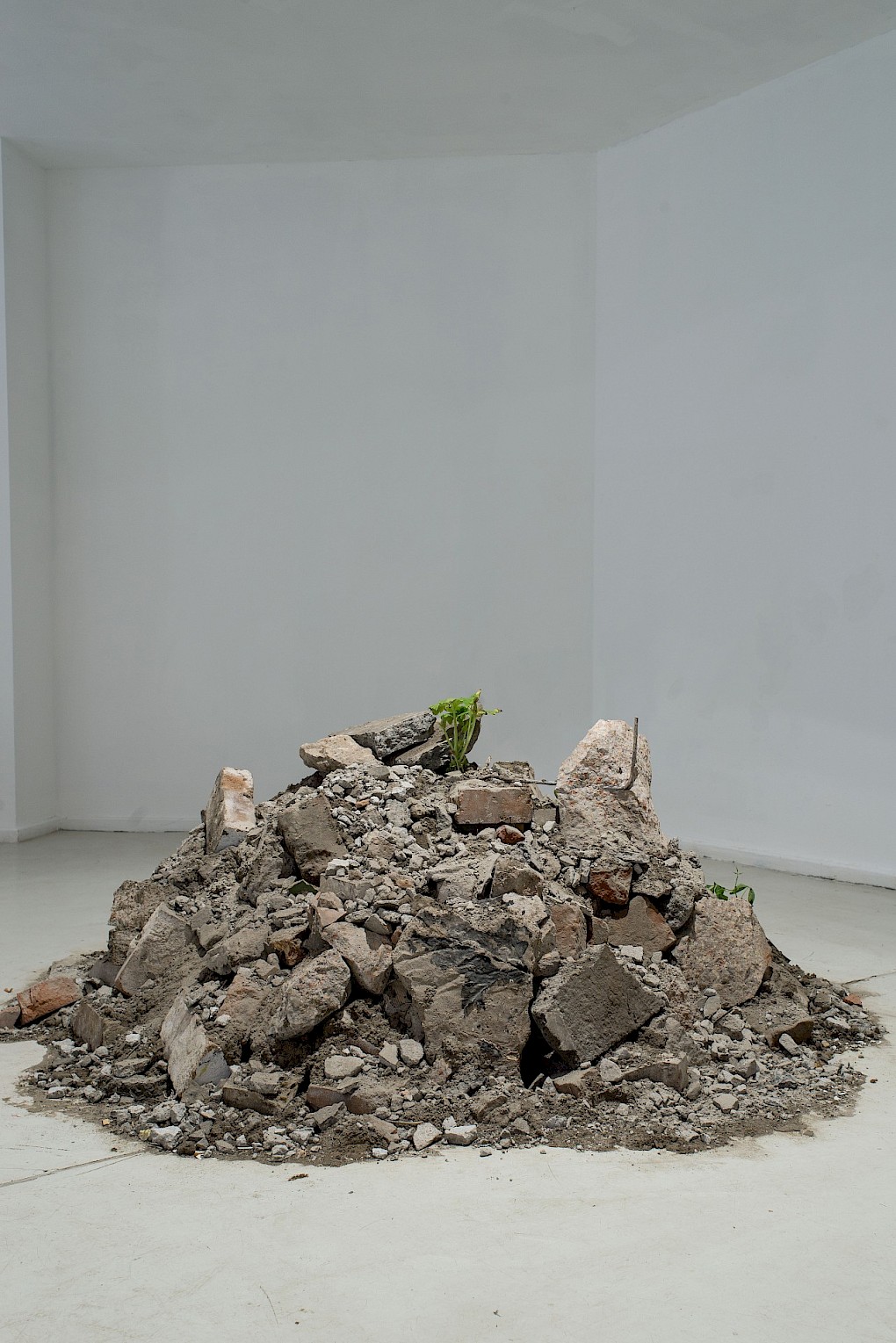
Staying alive—for every species— requires livable collaborations. Collaboration means working across difference, which leads to contamination. Without collaborations, we all die.
Soil is an Inscribed Body. On Sovereignty and Agropoetics is a project examining both the anti-colonial struggles of the past and the current land conflicts across the world to resist the invasiveness of neo-agro-colonialism and its extractivist logic. It germinates through a series of readings, interventions and workshops, and materialises in an exhibition (30.08.–06.10.2019) and a performance/discursive programme at SAVVY Contemporary (13.09.–15.09.2019). The project seeks dispersed and yet networked moments of cross-pollination between artistic strategies and agroecological initiatives from molecular to geopolitical scales.
We reflect on state and capital devastation of natural landscapes as well as on forms of self-determination and autonomy performed by local communities as a rejection of the capitalist and colonial model of agriculture, engaging in a critical analysis of certain techno-scientific epistemologies and biopolitical practices. From the free women’s village of Jinwar in Rojava to the work of communities such as the Associação para o Desenvolvimento Integrado da Mulher (ADIM) in Guinea Bissau and the agroecological activism of the Beni Aïssi village in Morocco, amongst others, we are learning from these possibilities of enacting cooperative farming practices and alternative communal life, of cultivating and building living spaces of emancipation and liberation. And yet agriculture is also being weaponised as a warden for national identity: the relationships between blood and soil, between identity and land are being essentialised and made terrain for xenophobic argumentations and paranoid constructions of the other.
How can anti-colonial and environmental alliances nurture each other? How can we sustain interspecies entanglements and polyphonic multidirectional futures? How can we transform ruins, erosion and damaged landscapes, and embrace tactics of precarity to make living possible despite economic and ecological ruination?
We take cue from what Filipa César named “Amílcar Cabral’s agropoetics of liberation” to articulate ways in which political theory can be informed and subverted by agricultural practice. Cabral is most known as leader and Secretary-General of the African Party for the Independence of Guinea and the Cape Verde Islands (PAIGC) and was assassinated by Portuguese agents in 1973. As Filipa César suggests, Cabral’s practice as an agronomist for the Portuguese academy should be read as a subversive strategy that germinated in his political formation and militancy, “to advance the liberation struggle from inside, using colonial resources to inform and strengthen the liberation movement”. Is it now possible to engage with some of his studies and writings on a soil epistemology to analyse and enlighten some of the most interesting current struggles against monoculture, land grabbing and neo-colonial extraction across the globe?
The soil is an inscribed body, a scarred terrain, a multitude of organisms that hold a history of erosion. It is a container and a meeting space for collectivities. This project is a tentative testing ground for artistic engagements with the soil as vessel, body and carrier for speculative, collaborative futures. We are exploring this through the practices of artists such as Bouba Touré, Raphaël Grisey, Julia Mensch, Filipa César and Inland, who are directly working with agroecological initiatives involved in struggles for land sovereignty in Mali, Argentina, Guinea Bissau and Spain. Elia Nurvista, Pedro Neves Marques, and Uriel Orlow are working on complex bodies of work and research around the extractive and violent patterns of neocolonialism and xenophobia created around agricultural practices and migrations of plants, while Barbara Marce and Ana Hupe point to indigenous technologies that challenge these practices.
While the inequalities of the Anthropocene are becoming more visible around us, this project learns from the poetics of dormancy and germination to think with edaphic agency about what it means to lie in waiting, touching and sensing the surrounding matter. We explore how we can make visible more-than-human collaborations, microbiopolitics and dependencies in the works of Zayaan Khan and Yen-Chao Lin, and sense the destructive but also regenerative and healing capacities of soil in the practices of Mia Harrison, Hervé Yamguen and Lerato Shadi. Binta Diaw and Leone Contini focus on the residues of memory that remain attached to materials when they travel. Dina Amro traces the sonic identity of the Palestinian struggle for water sovereignty in her recordings and reworkings of songs that call for rain, while Cedric Nunn’s “Unsettled” photographs point to the violence inscribed into the land in South Africa. Holding the selection of texts for this project in the SAVVY.doc library Luis Berríos-Negrón’s "Wardian Table" becomes both infrastructure and social body. The Archipel Stations Community Radio will develop a radio podcast and discussion group throughout the exhibition.
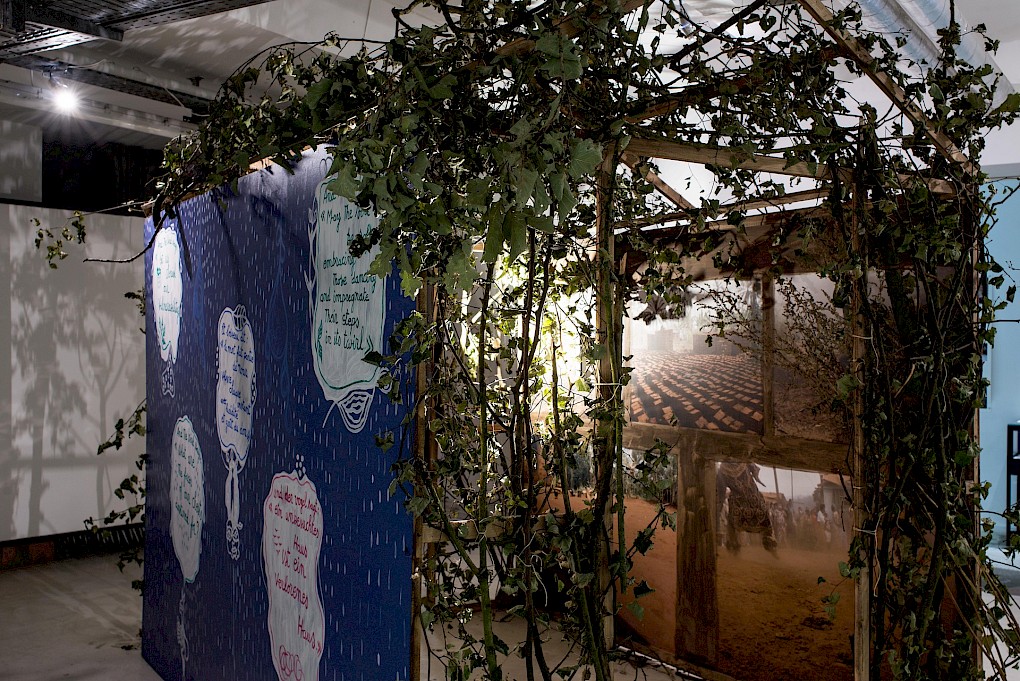
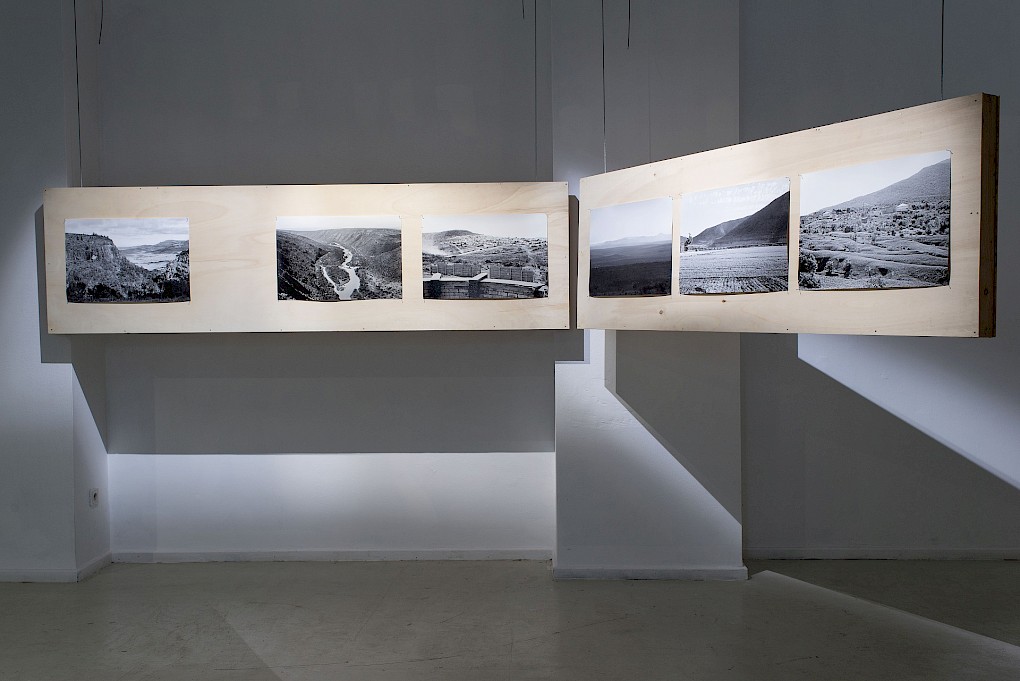
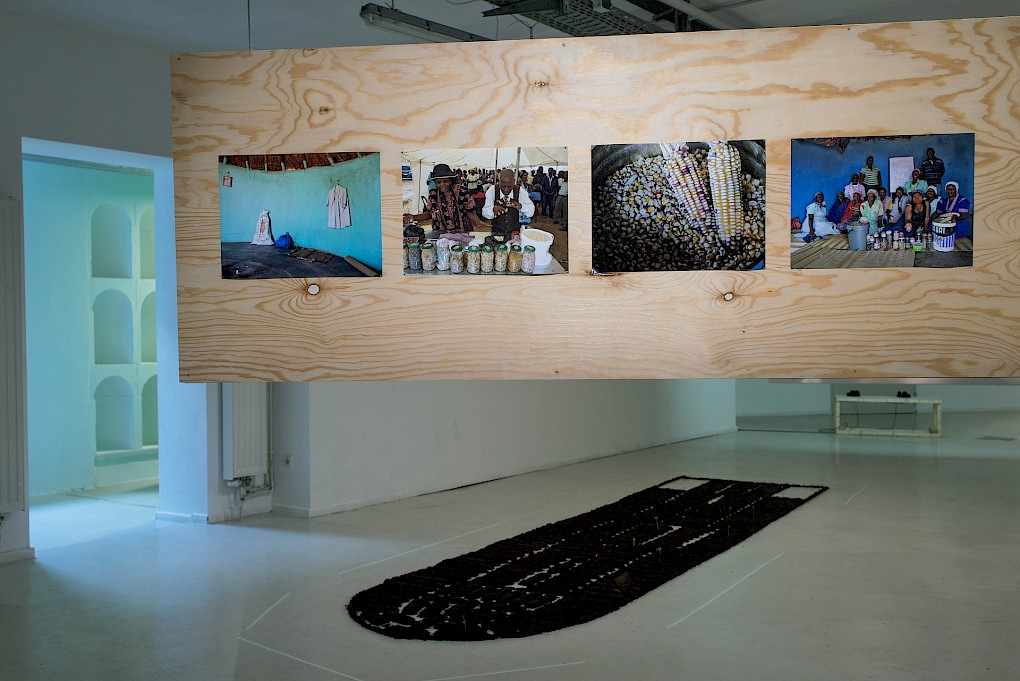
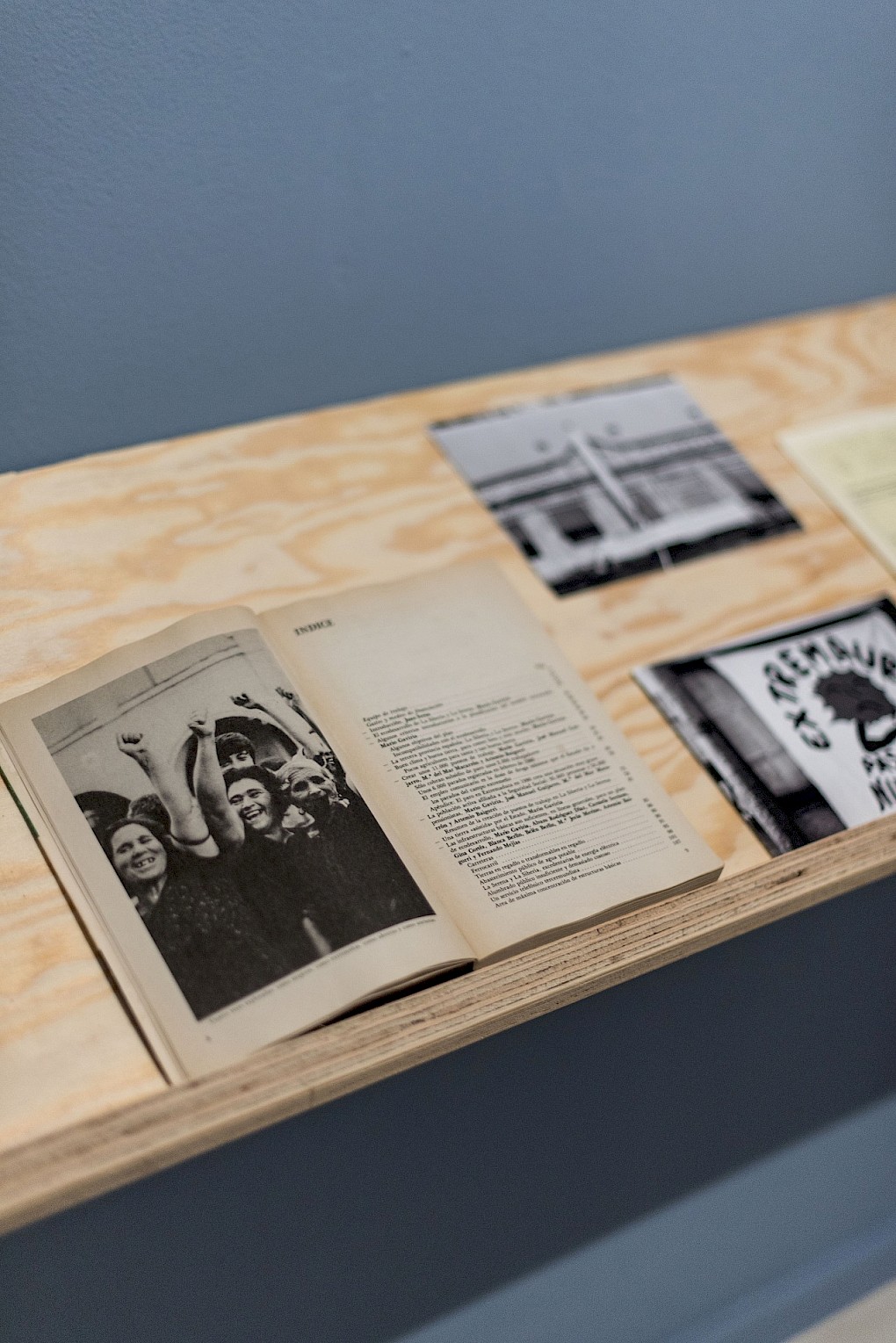
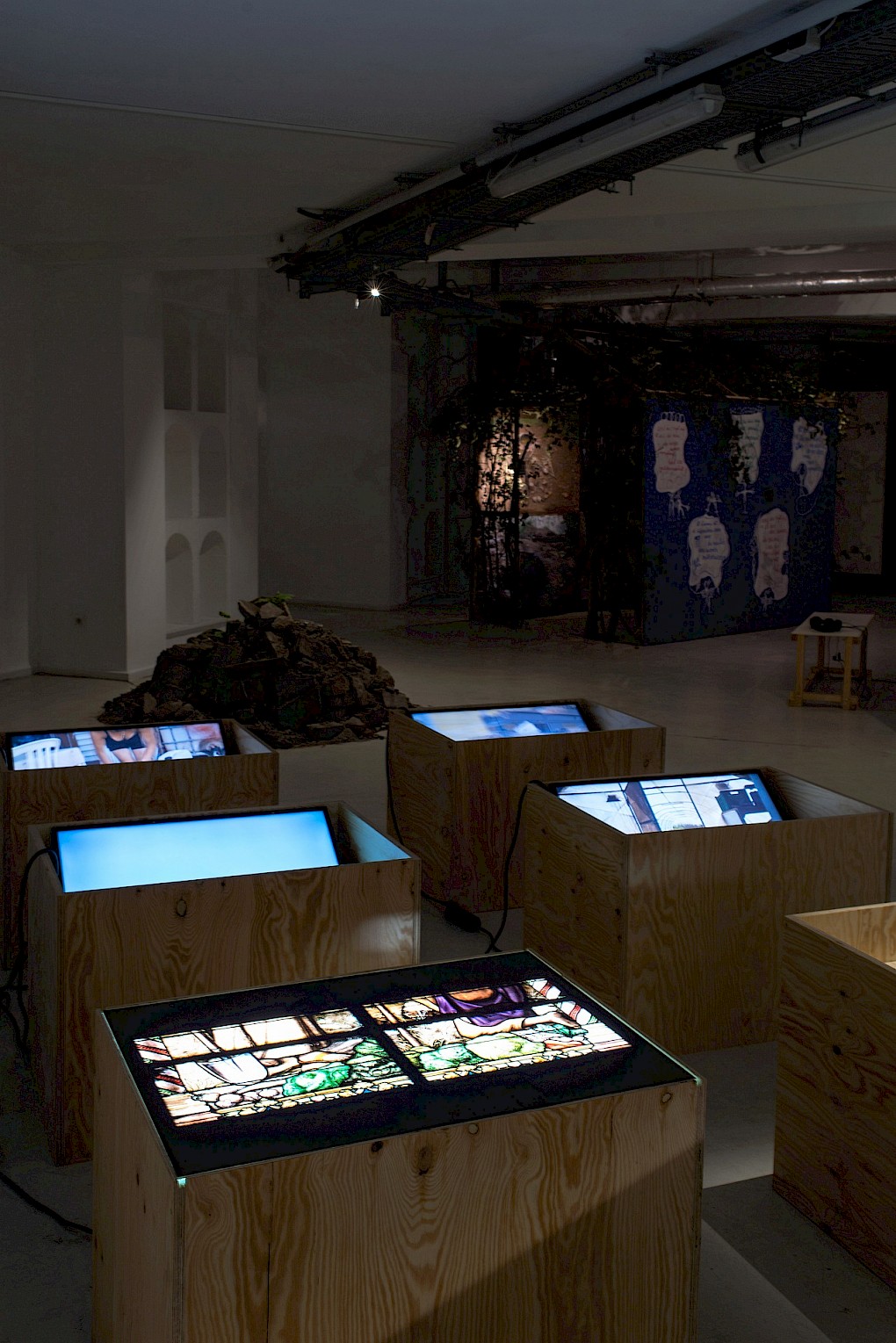
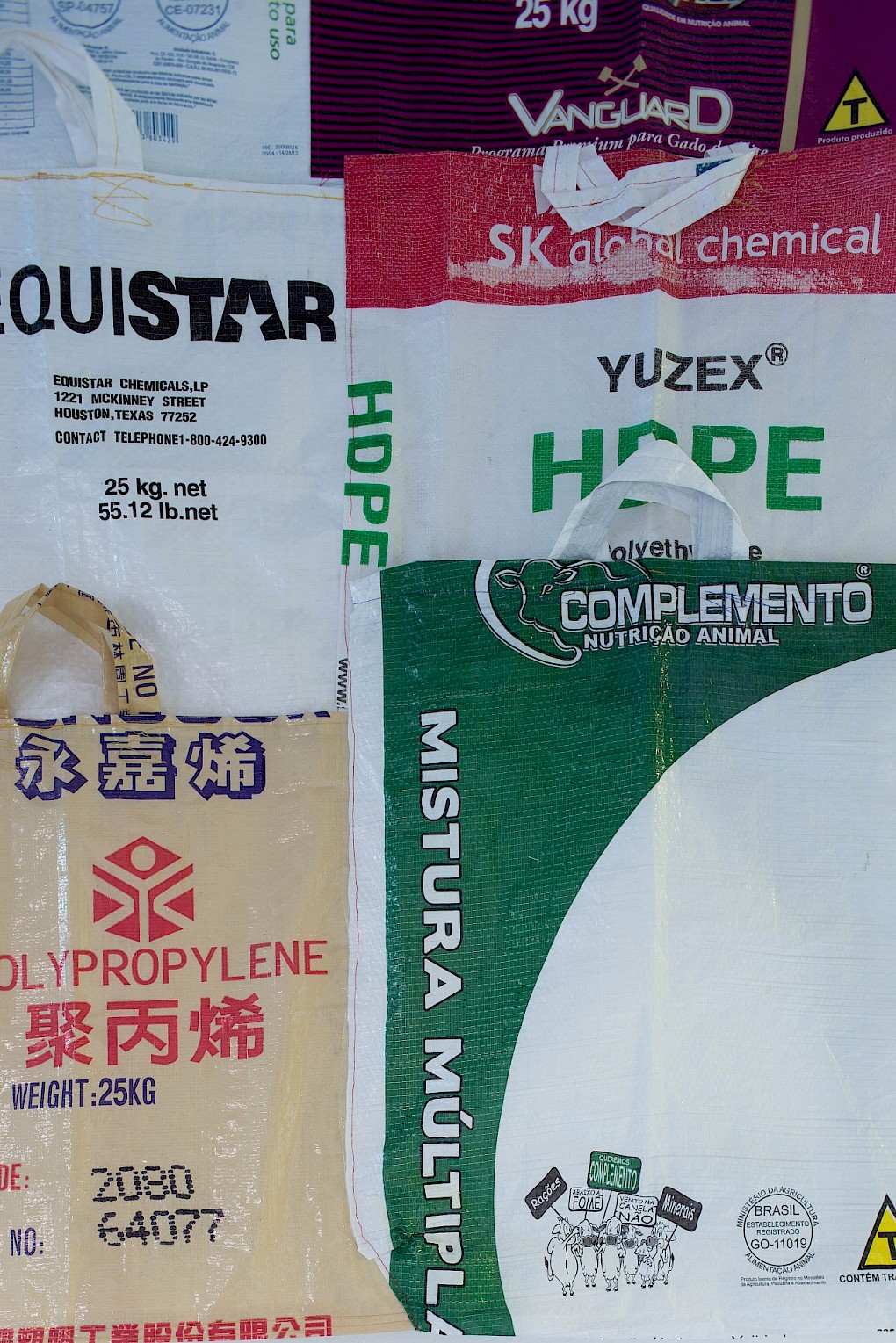
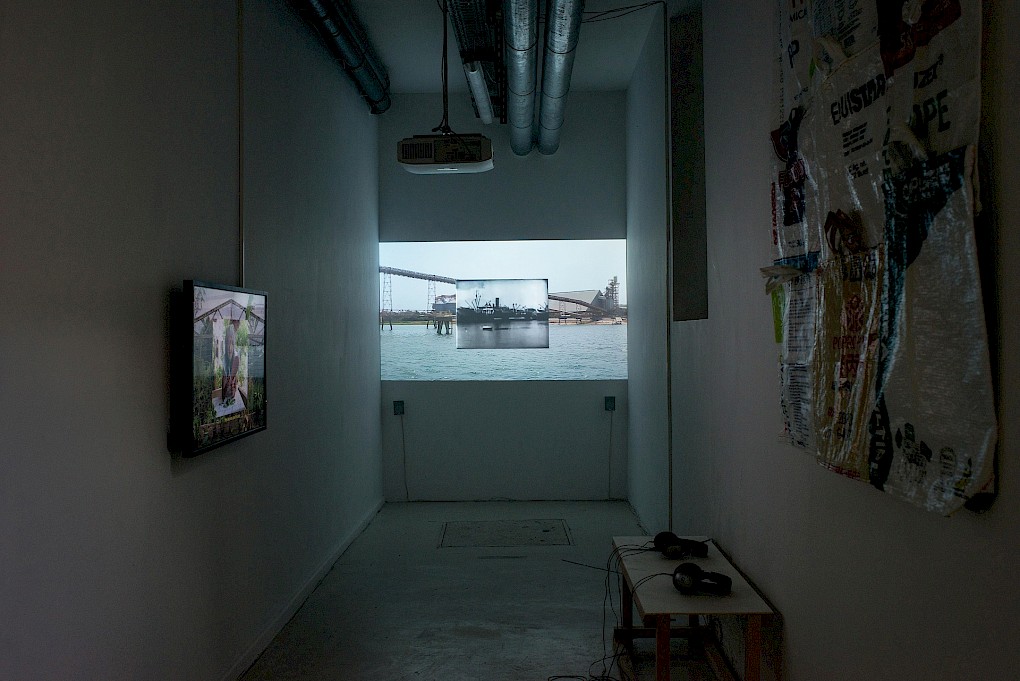
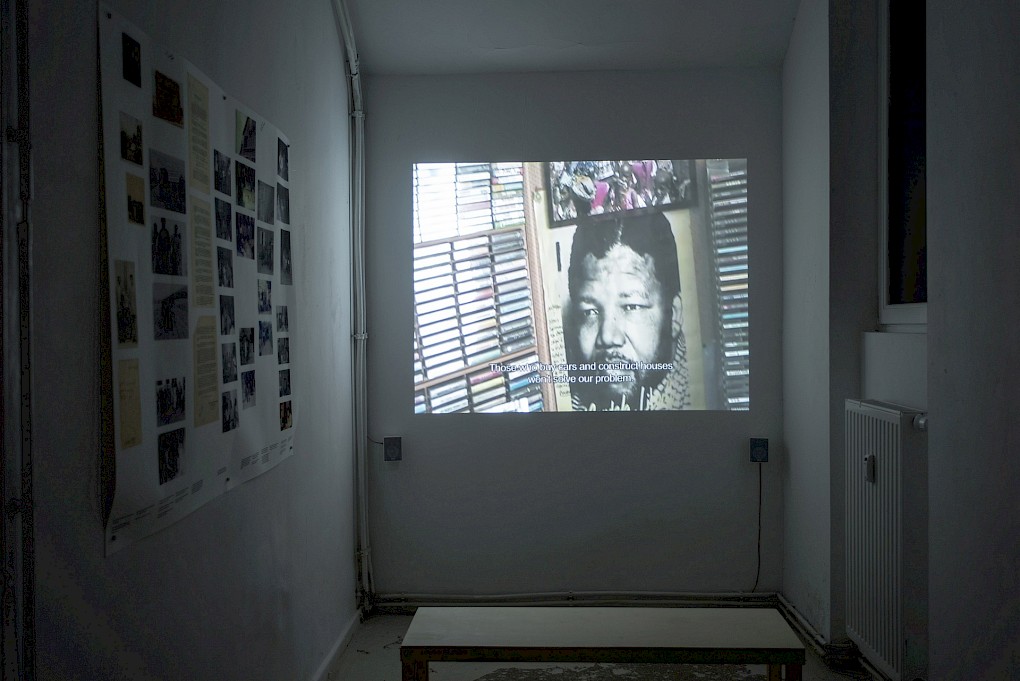
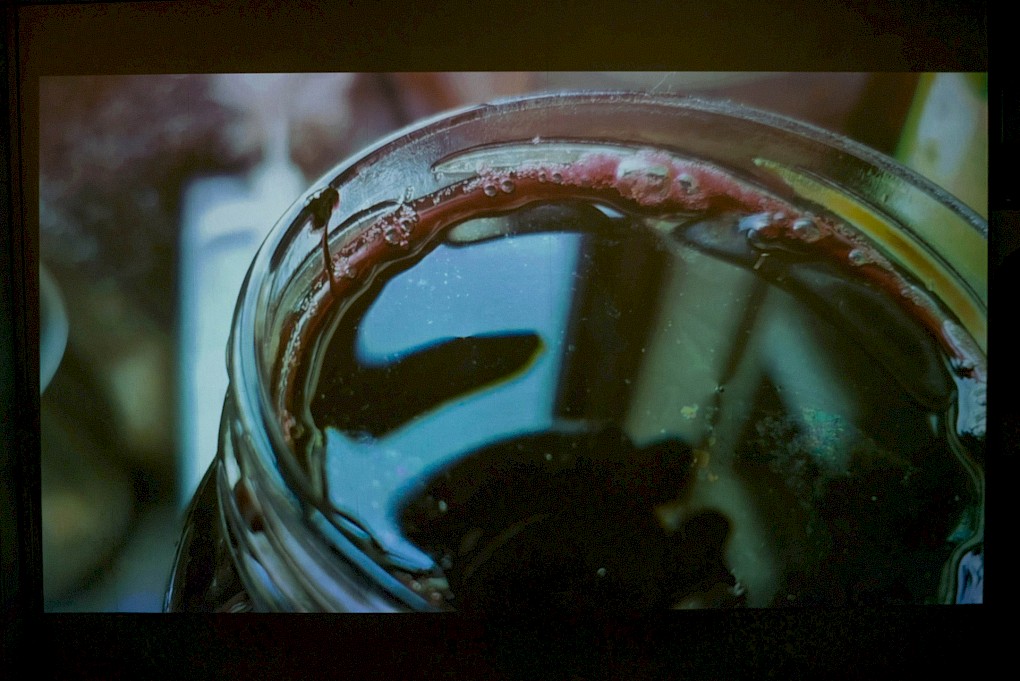

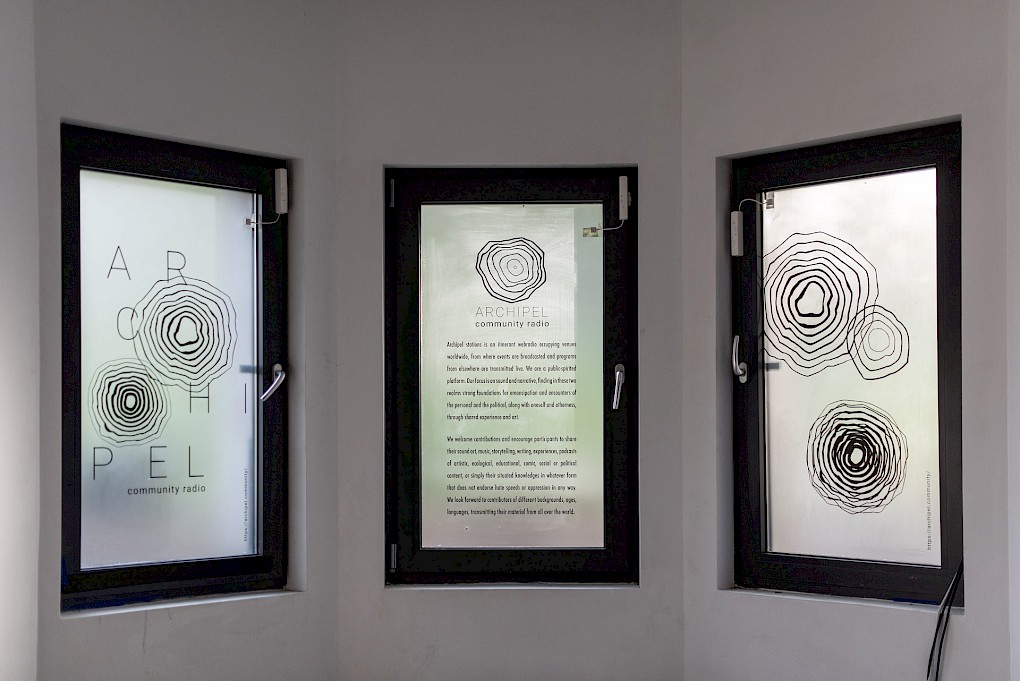
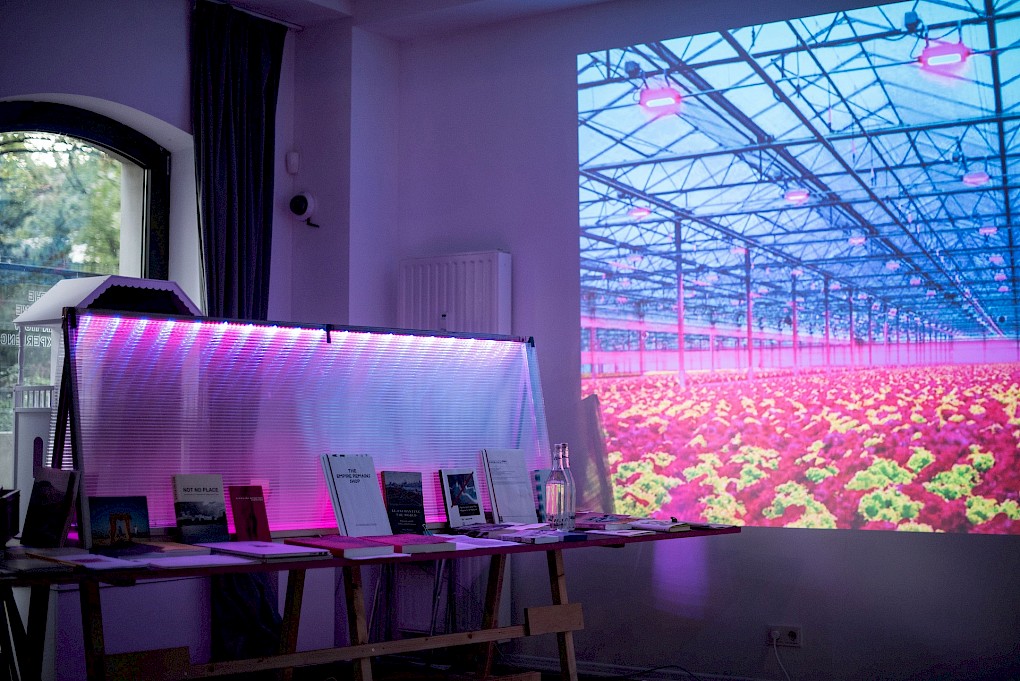
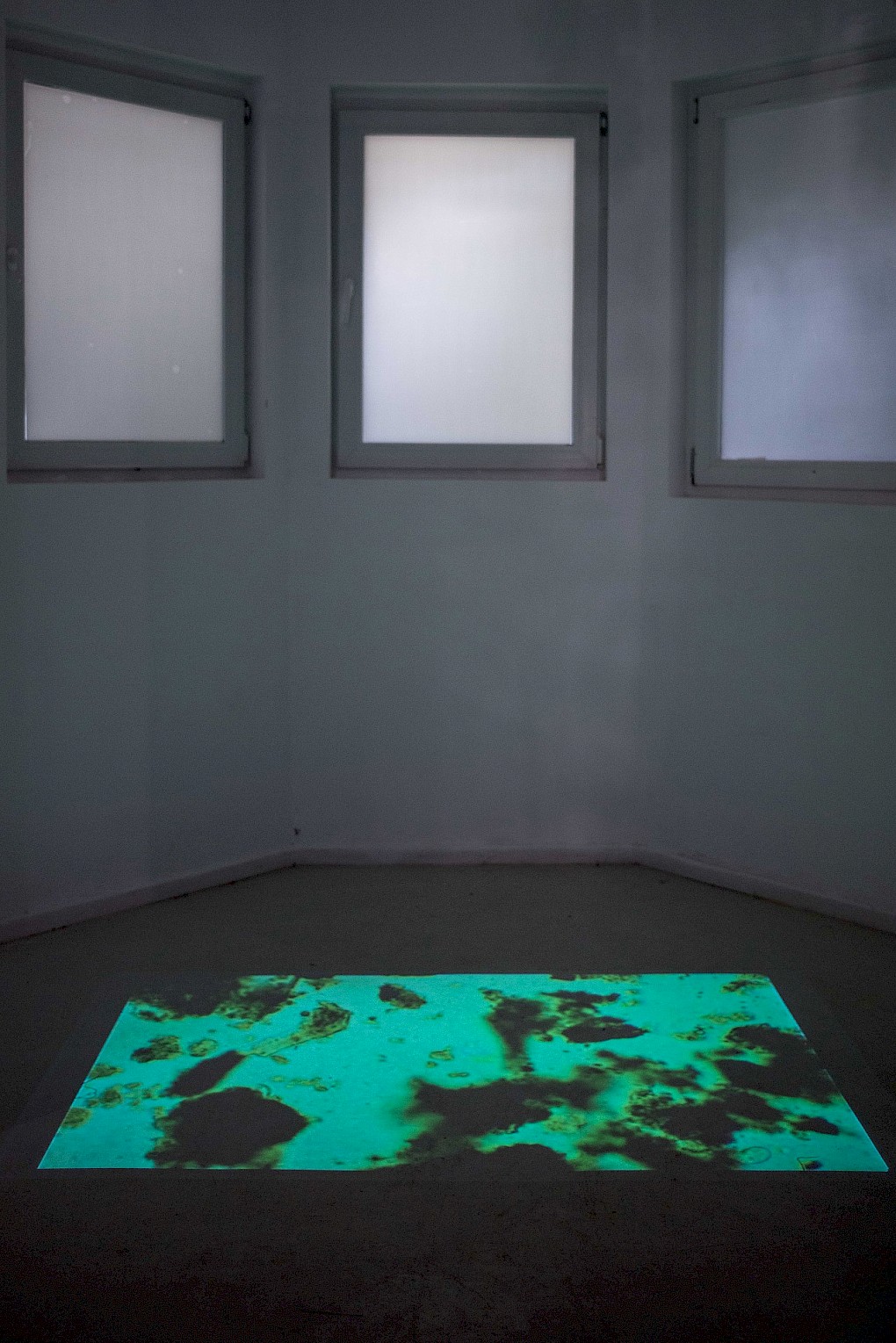
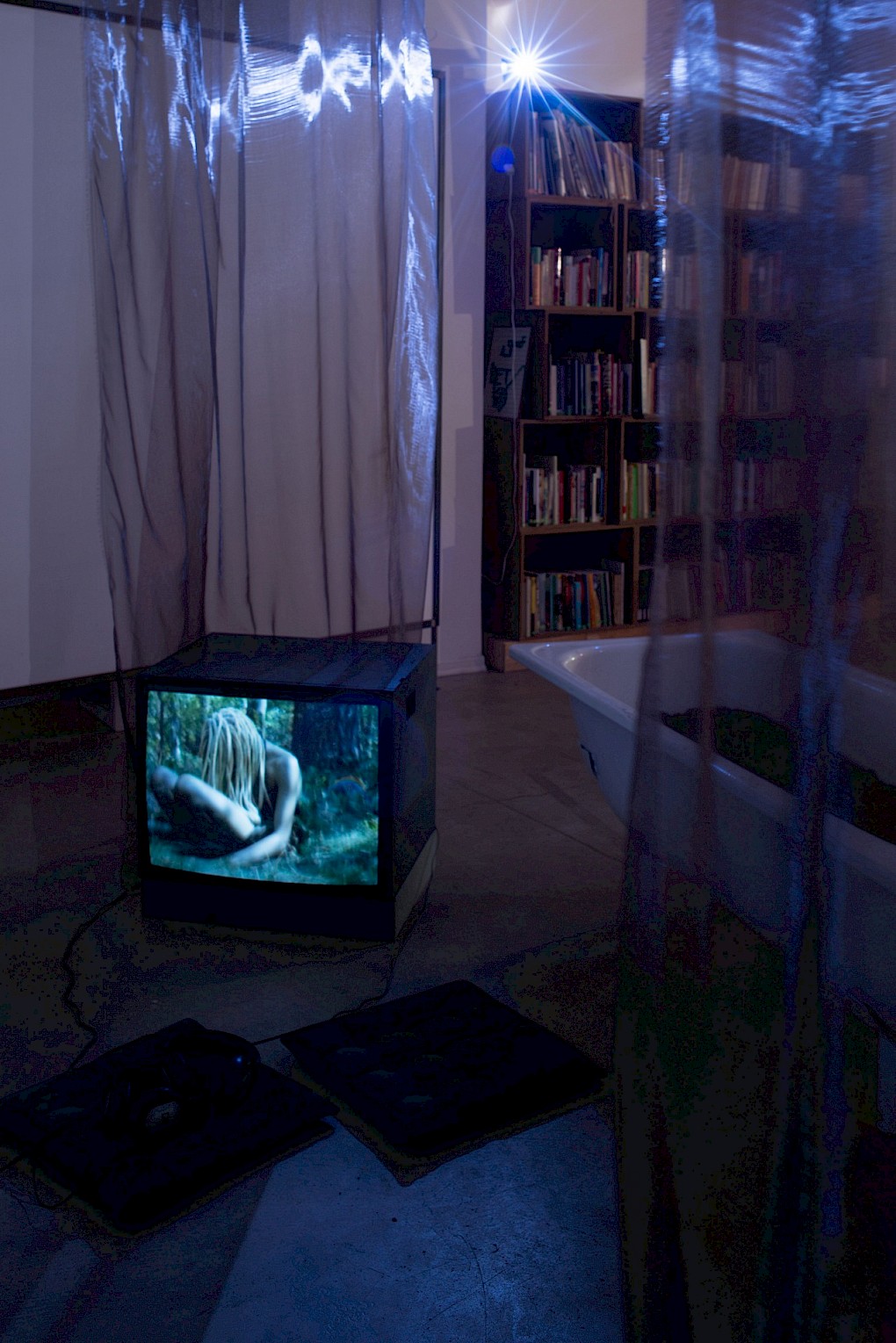
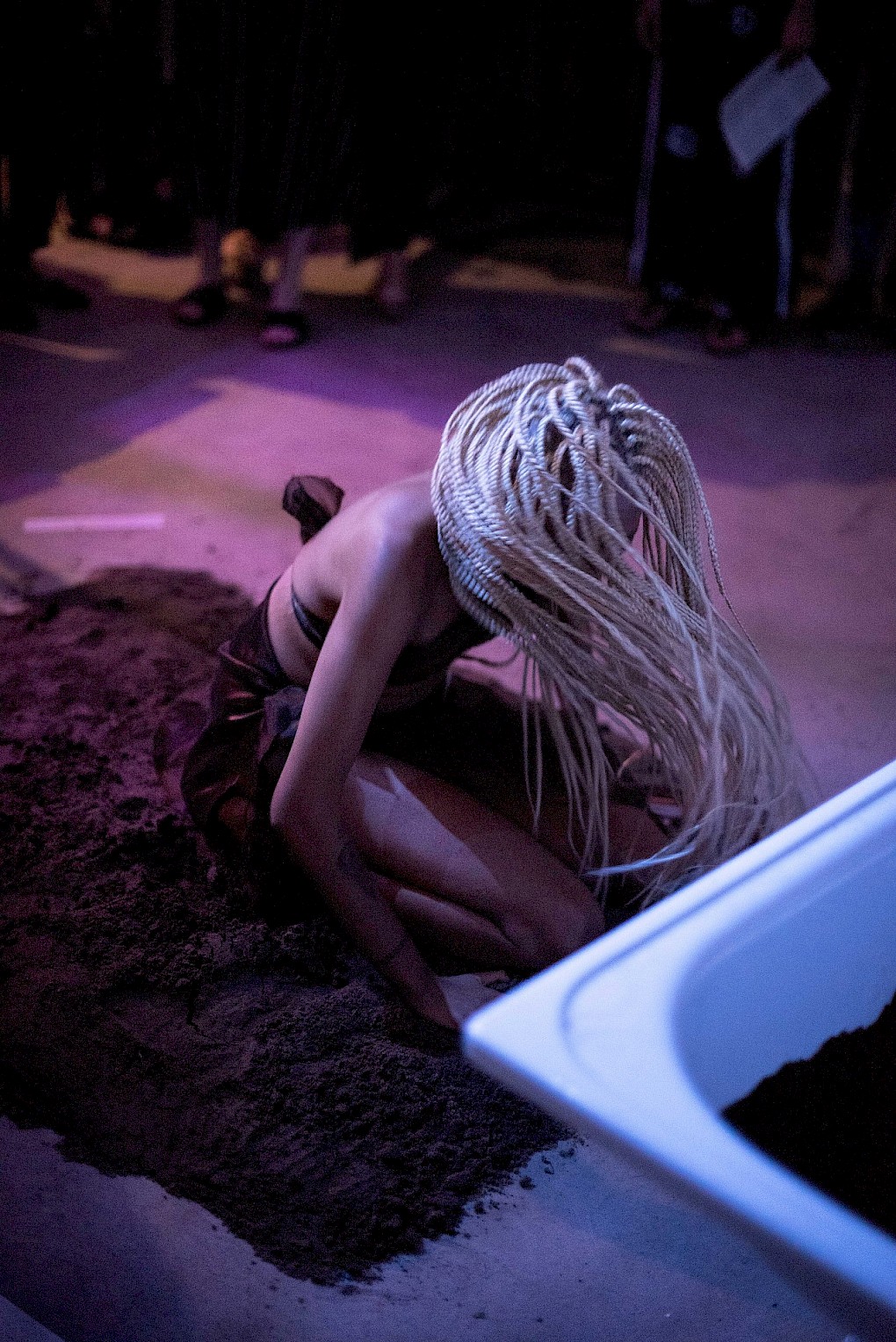
ARTISTIC DIRECTOR Bonaventure Soh Bejeng Ndikung
CuratorS Elena Agudio, Marleen Boschen
Project Team Onur Çimen, Cornelia Knoll
Exhibition Production Antonio Mendes
Management Lynhan Balatbat-Helbock
Communications Anna Jäger
Graphic Design Elsa Westreicher, Lili Somogyi
Telling Trees Arlette-Louise Ndakoze
TECH Bert Günther
ART HANDLING Wilson Mungai, Kimani Joseph
EXHIBITION DESIGN Ola Zielińska
Film Bona Bell
Soil is an inscribed body. On Sovereignty And Agropoetics is the second chapter of our longterm investigation THE INVENTION OF SCIENCE. The project is funded by Hauptstadtkulturfonds and the Foundation for Arts Initiatives. Uriel Orlow's contribution is kindly supported by Swiss Art Council Pro Helvetia.
Visual Quote from Amílcar Cabral's poem "Return", designed by Elsa Westreicher


